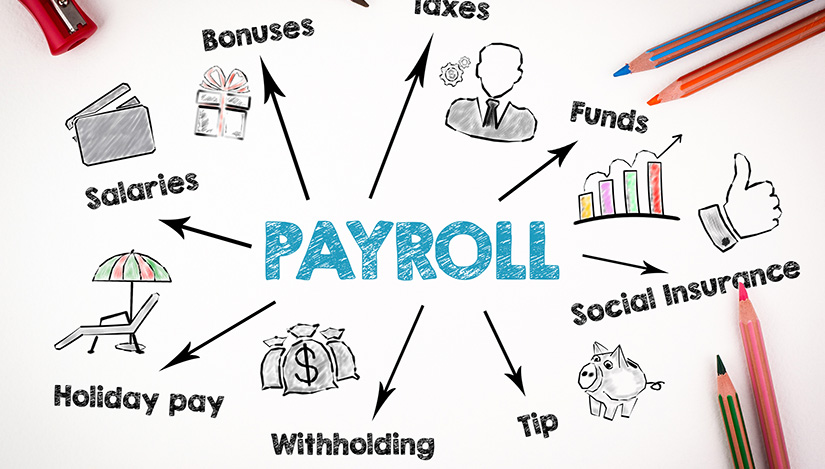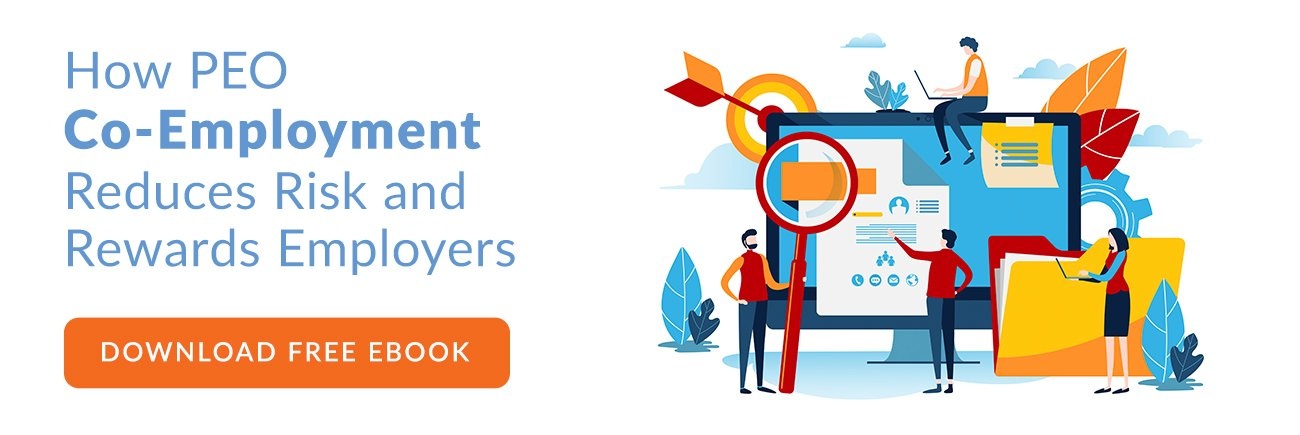Payroll errors have significant legal ramifications, so companies often experience stress about getting those paychecks right. The American Payroll Association has studied and discovered that the rate of human error in time card preparation is between 1% and 8%.
When you bring technology into the mix, it has the potential to reduce the error rate. However, because humans still use technology, the error rate won't necessarily drop to zero. For instance, if an employee is misclassified, be it in a manually entered or technological system, the major errors will persist.
For instance, if a company misclassified an employee who is required by law to receive overtime pay for hours worked above their 40 hours a week, there can be civil money penalties of up to $1000 for each violation.
While it can be tempting to assume that outsourcing one's payroll processing to a company with that specialty would solve the problem, it doesn't actually eliminate errors. Furthermore, it can result in full liability for your company, even if the error was with the payroll processing company. If they make a mistake without you knowing about it, you can still be responsible and face stiff fines.
Therefore, it's critical to take these issues of human error and potential fines seriously so that you can reduce the cost burden as well as the stress of high payroll processing accuracy expectations.
Ramifications of Mistakes in Payroll Processing
It doesn't take long to realize that those 1-8% accuracy rates become an impactful source of negative morale at work. More than 50% of the United States workforce have had a mistake on their paychecks at some point, and they remember them. Studies have shown that workers who discover even two payroll errors have their faith shaken in the company to the point where it can lead to them quitting.
Whether it is the business owner who is worried about payroll accuracy or the representatives from Human Resources, everyone involved ends us with a higher degree of stress and worry.
Payroll is a time-intensive process, requiring very detailed data entry where even a single digit wrong in a social security number can result in a major error. These records have to be maintained and must remain accessible even when your company switches HR systems, which means that the system must be meticulously organized. No piece of information can fall through the cracks.
Payroll also requires consistent, on-time communication and payment to federal and state agencies, and of course, no one wants their paychecks delayed. Creating a system where no errors occur is understandably a challenge.
As a result, even conscientious individuals who work in payroll processing can make small but consequential errors. Forgetting a 1099, mishandling garnishments from wages, miscalculation of overtime pay due, not saving all records for years afterward or letting older records become hard to access, and even simply misspelling a name can all cause issues in the payroll process.
If a payroll team manages to avoid all of these issues, they still can run into human issues, such as not having trained enough back-up payroll workers for when main individuals are out sick, resulting in paycheck delays that violate the rules.
It is no wonder that many people turn to the experts in payroll processing to avoid needing this level of precision in their in-house staff.
Solutions to the Stress of Payroll
Many people opt to outsource their payroll to a payroll processor or a Professional Employer Organization (PEO) to get the detailed issues of payroll processing into the hands of experienced experts. Unfortunately, some companies don't understand that the payroll processors are actually disincentivized, albeit mildly, from doing a good job. They, of course, want to keep doing business with you, so they have that motivation to do thorough, precise payroll processing. However, they can make mistakes on payroll without being held liable, because the liability ultimately falls back on you and your company.
Professional Employer Organizations take their duty to error-free payroll processing more seriously because they are partially liable for any mistakes. They use co-employment agreements to file payroll under their own Employer Identification Number (EIN) rather than just filing under your own EIN for you. This means that the mistakes that can occur in payroll processing are partially their responsibility in the eyes of the law.
Further Advantages of PEOs
When you work with a PEO, you need fewer total HR representatives, saving you money. The average ROI on a PEO's services is 27.2%. They can help with associated tasks surrounding the payroll process, whereas payroll processors only handle the single task, reducing their potential for cost-reduction.
Letting a PEO Solve Your Payroll Cost and Stress Problems
Most companies feel ill-equipped to achieve the level of accuracy needed for payroll processing in-house. Aiming for no errors at all to ensure employee retention makes the HR office a very stressful one. Outsourcing takes the stress away but doesn't reduce much of the cost, especially since they don't have the legal responsibility for potential payroll error fines.
Are you ready to learn more about how to reduce your workplace stress levels while saving money through PEO payroll outsourcing? Contact us today!



